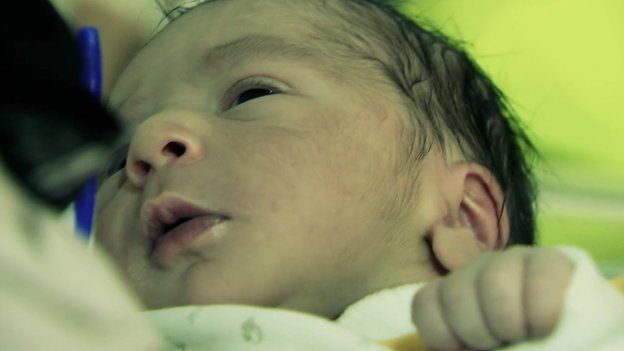Tags
Ceasefire Now, IfNotNow Movement USA, Israel-Hamas-Gaza War 2023, Jewish Voice for Peace-New York City, PASSIA Map of The Gaza Strip 2007, US-Israel Strategic Alliance
Israel-Hamas-Gaza War Ignited October 7, 2023

Source Credit: PalestinePortal.Org
Two peoples
Israelis & Palestinians
Jews & Arabs
Oppressor & Oppressed
Trapped in an unending cycle of armed struggle
Seventy-five years of violent co-existence
over a piece of Earth
they both call Home.
An eye for an eye
The violence of men unleashed on
the largest open-air prison in the world
Thousands of women and children
slaughtered
Entire generations of families
buried beneath the rubble
No peace for either side
until the other is exterminated.
“Ceasefire Now!”
“Not in Our Name!”
demand members of the Jewish Voice for Peace
during sit-in protest
at New York City’s Grand Central Station
“Never again for anyone!” one sign read.
“No genocide in our name!”
“Ceasefire Now!”
demand members of the IfNotNow Movement
American Jews for equality & justice
A thriving future for all Palestinians & Israelis.
In Gaza, buried deep beneath the rubble, a baby cries.
Continue reading








